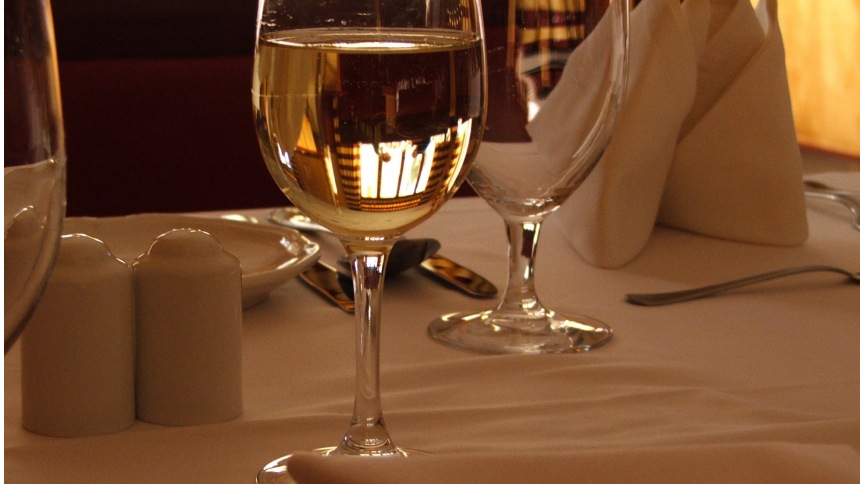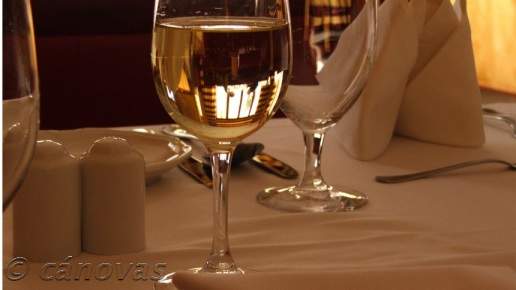Today’s image: Dining in Hungary.
It is the morning after a night out. A last-minute get together with good food, easy talk, and conversations that leapt in their diversity from wry reminiscences to current reality. It did end up being quite a late night. . . .
We were six guests, plus our hosts, a couple originally from Colombia. Well-travelled, they are equally at home in both the morning and evening services, switching easily between the languages.
We Ate . .
Spanish dishes with a touch of Colombia. The meal was eaten outside, and followed the regular spanish /latin-american format:
- Primer Plato – first plate / starter: Pepinos rellenos – roasted red bell peppers filled with a smooth textured savoury mix and wrapped in chorizo – a particular form of spanish sausage.
- Segundo Plato – second course/ the main course: Chicken breast rolled around olives, served with lightly roasted vegetables, rice in squid ink and a salad.
- Postre – dessert: Rum-soaked figs with a deliciously tangy lemon cream mousse.
And we Drank . .
I am a big fan of cold fizzy water, which goes down well with a slice of fresh lemon and no ice, and that’s what I stuck with for the evening.
Wine is part of a meal here, and at a family meal, with or without guests, there could be mosto, sangría or an everyday table red alongside a big jug of iced water.
No-one feels compelled to drink, no-one frowns on those who do.
- Mosto – strictly speaking, a non-alcoholic drink from freshly pressed grapes. As in all things spanish, each grape-grower has their own way of preparation, and some of these include a fermentation. One bodega speaks of their mosto as a “most natural wine”, declaring it to have less alcohol than others as the grapes are prepared at vendimia in August/September, and only left to ferment until November.
- Sangría – wine with chopped fruit, mixed with a fizzy drink, usually a lemonade.
- Bodega – Cellar, inseparable from the massive wine makers and their cellars, especially those of Jerez de la Frontera, my ‘home’ town.
- Vendimia – the annual grape harvest, usually in September.
Andalucian World
Food and fellowship go together, and make up an important part of the Andalucian culture. Meals are not hurried, and pride is taken in sharing the produce of kitchen, garden and vineyard.
Eating out is not expensive, and – in reality – is a practical part of a working day, which is where the ventas and their menus del dia come in..
- Venta – Working non-fancy restaurant, plus bar for coffee, tapas and drinks. Mostly frequented by the men, especially for that first coffee,
- . . and for the Menu del Dia – Menu of the day, a workman’s lunch. For about seven euros, and in short time, you get a generous helping in all the three courses plus a cool drink or wine, and (of course) a coffee.


I have told you lately how much I want to live in Spain…. *sigh, I can dream right?